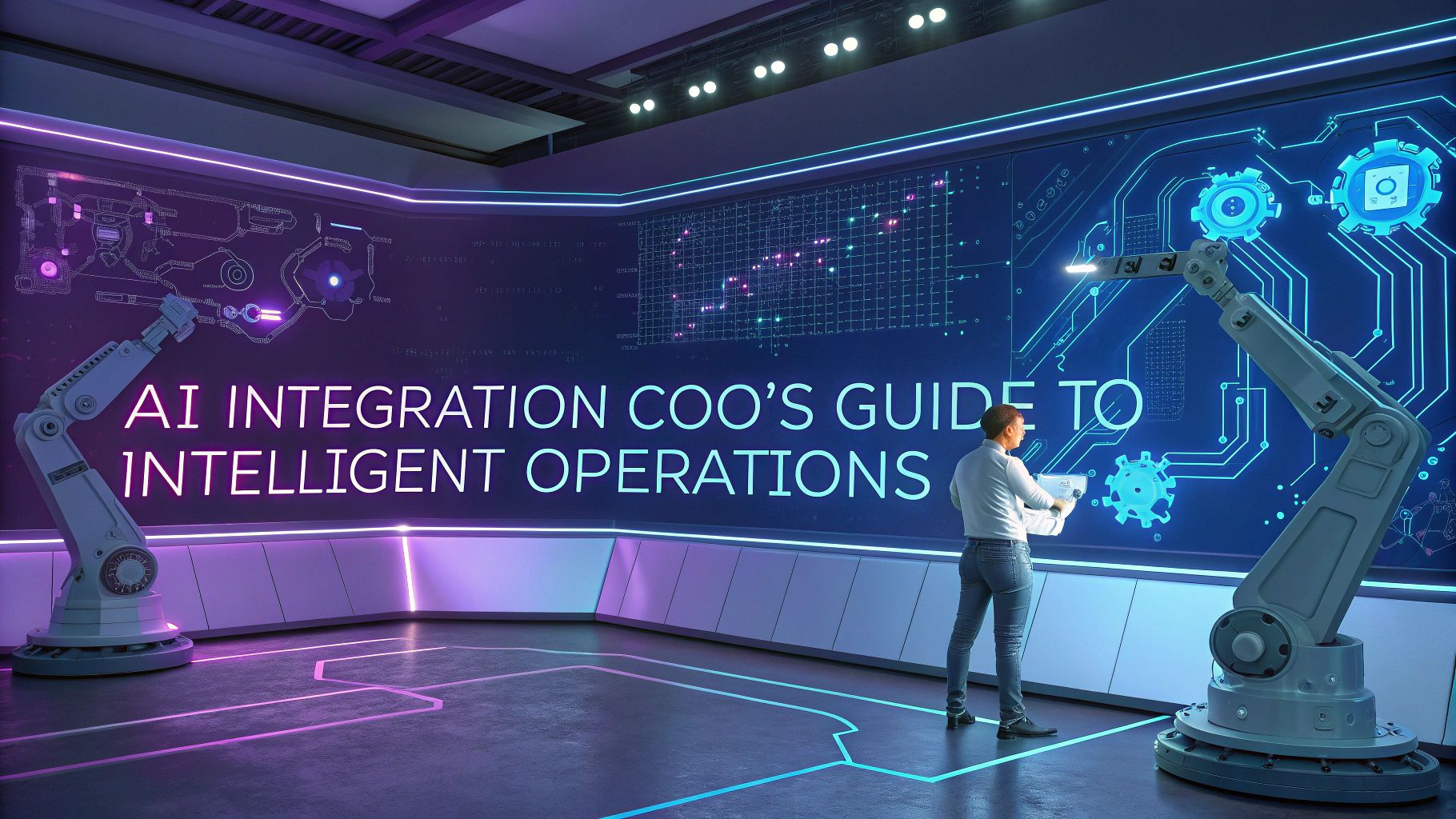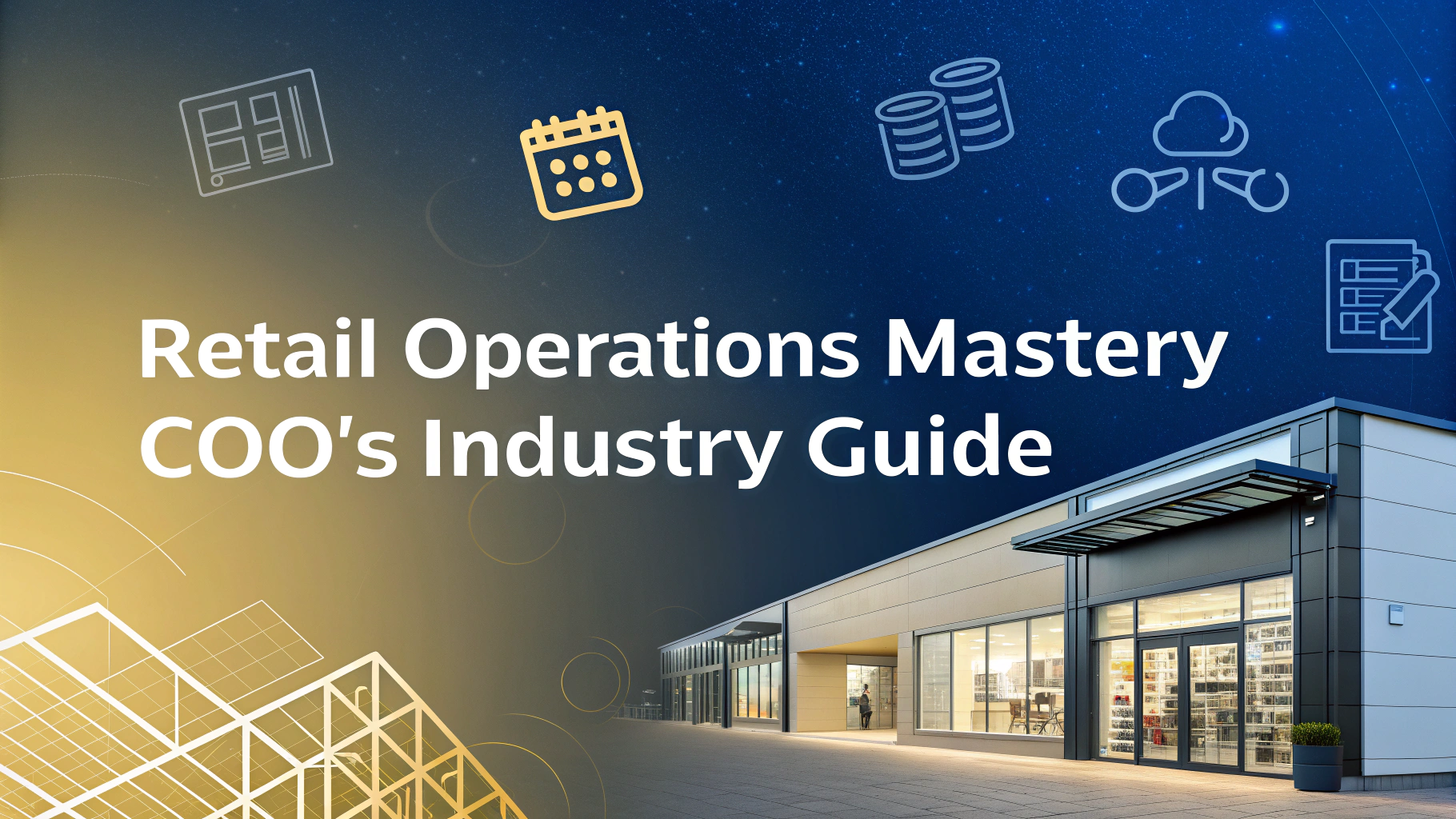The modern Chief Operating Officer needs a robust digital toolkit to effectively manage operations and drive organizational efficiency.
Automation tools have become essential for COOs to streamline processes, reduce costs, and improve operational performance across departments.
This guide explores key digital solutions that enable COOs to transform manual processes into automated workflows while maintaining quality and compliance.
Core Automation Tools for COOs
- Workflow Automation Platforms
- ServiceNow
- Monday.com
- Kissflow
- Process Mining Software
- Celonis
- UiPath Process Mining
- ABBYY Timeline
- RPA Solutions
- Automation Anywhere
- Blue Prism
- UiPath
Key Operational Areas for Automation
| Area | Tools | Benefits |
|---|---|---|
| Supply Chain | SAP IBP, Oracle SCM | Inventory optimization, demand forecasting |
| HR Operations | Workday, ADP | Recruitment automation, payroll processing |
| Finance | BlackLine, Oracle ERP | Automated reconciliation, reporting |
Implementation Best Practices
Start with a process audit to identify automation opportunities and potential ROI.
Create a change management plan before implementing new automation tools.
Establish clear KPIs to measure automation success rates and impact.
Data Integration and Analytics
- Data Integration Tools
- Informatica
- Talend
- MuleSoft
- Analytics Platforms
- Tableau
- Power BI
- Qlik
Security and Compliance
Implement role-based access control (RBAC) for automated systems.
Ensure automated processes maintain audit trails and comply with industry regulations.
Regular security assessments help identify vulnerabilities in automated workflows.
Building Your Automation Strategy
- Assess current operational bottlenecks
- Prioritize automation initiatives based on impact and feasibility
- Select appropriate tools and platforms
- Train staff and implement change management
- Monitor and optimize automated processes
Resource Management
Balance automation investments with available resources and expected returns.
Consider both cloud-based and on-premise solutions based on security requirements.
Maintain a skilled team to manage and optimize automated processes.
Next Steps for COOs
Schedule a process audit with your operations team to identify automation opportunities.
Contact automation vendors for demos and proof-of-concept trials.
Work with IT leadership to develop an automation roadmap aligned with business goals.
Measuring Automation Success
Establish comprehensive metrics to track automation ROI and operational improvements.
Monitor both quantitative KPIs and qualitative feedback from stakeholders.
- Key Performance Metrics
- Process cycle time reduction
- Cost savings per automated process
- Error rate reduction
- Employee productivity gains
Scaling Automation Initiatives
Enterprise-Wide Implementation
Develop standardized procedures for rolling out automation across departments.
Create centers of excellence to share best practices and maintain consistency.
Cross-Functional Integration
Ensure automated systems can communicate effectively across different business units.
Implement API management solutions for seamless integration.
Future-Proofing Operations
- Emerging Technologies
- Artificial Intelligence
- Machine Learning
- Natural Language Processing
- Adaptability Measures
- Modular automation architecture
- Scalable licensing models
- Regular technology assessments
Transforming Operations Through Digital Excellence
Modern COOs must embrace automation as a cornerstone of operational strategy.
Success depends on choosing the right tools, implementing them effectively, and maintaining a balance between automation and human expertise.
Regular evaluation and optimization of automated processes ensure continued operational excellence and competitive advantage.
FAQs
- What is operations automation in the context of a COO’s role?
Operations automation refers to the implementation of digital technologies and software systems that streamline business processes, reduce manual interventions, and enhance operational efficiency under the COO’s supervision. - Which key areas should a COO focus on when implementing automation?
Key areas include workflow management, supply chain operations, resource planning, quality control, customer service processes, data analytics, and performance monitoring systems. - What are essential digital tools every COO should have in their toolkit?
Essential tools include Enterprise Resource Planning (ERP) systems, Business Intelligence (BI) platforms, project management software, process mining tools, robotic process automation (RPA) solutions, and performance analytics dashboards. - How can a COO measure the ROI of automation initiatives?
ROI can be measured through reduced operational costs, improved process cycle times, decreased error rates, increased productivity metrics, enhanced customer satisfaction scores, and reduced manual labor hours. - What security considerations should be addressed when implementing automation tools?
Security considerations include data encryption, access control protocols, compliance with industry regulations, regular security audits, backup systems, and disaster recovery plans. - How can COOs ensure successful change management during automation implementation?
Success requires clear communication of objectives, comprehensive staff training, phased implementation approaches, regular feedback collection, and continuous support systems for employees adapting to new processes. - What are the common challenges in operations automation implementation?
Common challenges include resistance to change, integration with legacy systems, data quality issues, budget constraints, skill gaps in the workforce, and maintaining business continuity during implementation. - How can automation help in crisis management and business continuity?
Automation enables remote operations management, provides real-time monitoring capabilities, facilitates quick decision-making through data analytics, and ensures consistent process execution during disruptions. - What role does artificial intelligence play in modern operations automation?
AI enhances automation through predictive analytics, machine learning for process optimization, natural language processing for customer service, and intelligent decision-making algorithms for complex operations. - How should COOs approach vendor selection for automation tools?
COOs should evaluate vendors based on solution scalability, integration capabilities, support services, pricing models, implementation timeline, industry expertise, and track record of successful deployments.








